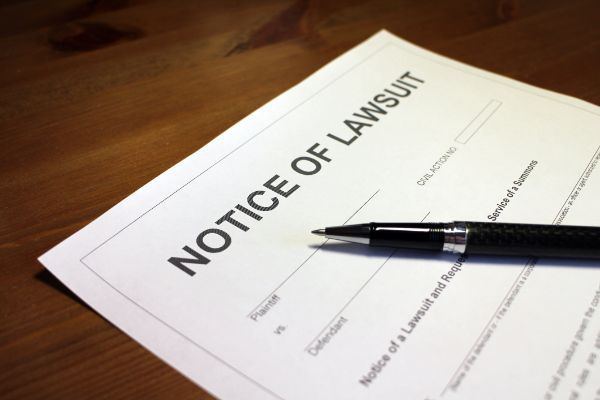A number of lawsuits of note have been filed against timeshare companies by owners throughout the nation. While many of them are not in Florida—which means the judgments made by the courts may not bear directly on the Florida market immediately—any precedent in court can be considered part of a “trend” in jurisprudence. That means that a court in one State might choose to take holdings made by a court in another State into consideration when making its own holding. And since the large timeshare companies engaged in defrauding hard-working people out of their money use the same tactics almost everywhere they operate, any finding of criminality or malfeasance in one jurisdiction casts a pall on the same tactics used elsewhere.
Here is a brief overview of two relatively recent decisions:
- Overton v. Westgate Resorts – This 2014 Tennessee Court of Appeals ruling denied an appeal filed by large timeshare developer Westgate Resorts attempting to both overturn punitive damages that had been granted to the purchasers and to defy the trial court’s decision not to force the trial to be conducted in Florida. The appeals court determined that the court was not wrong to force the suit to be tried in Florida, and that a punitive award was appropriate, based on the lower court’s findings of fraud in the inducement into contract and refusal to permit the purchasers to exit their contract despite written requests to rescind the contract.
- Williams v. Wyndham – This 2017 case in the Superior Court of California for the County of San Francisco was a whistleblower case. Patricia Williams was a former employee of large timeshare developer Wyndham Vacation Ownership who convinced a San Francisco jury that she was fired as retaliation for reporting fraud while she was working for Wyndham. The trial court permitted punitive damages against Wyndham of $18.6 million, based on evidence that Wyndham purposely defrauded its customers and sold elderly purchasers more time than they could possibly use over the remainder of their lives—and that salespeople opened credit cards for customers without permission. The appeals court denied a new trial, but did reduce the punitive damages to $12.8 million for reason of due process.
And a few key recent lawsuits that have yet to conclude:
- In Moore, et al. v. Westgate Resorts, filed in September of 2018 in the US District Court for the Eastern District of Tennessee Knoxville Division, a class action suit has been made against large timeshare developer Westgate Resorts. The claims made: fraud, civil conspiracy, negligent misrepresentation, and breach of contract.
- In Rogers v. Diamond Resorts, the claims made include: fraud, theft, violation of Nevada commercial code statutes, unconscionable contract terms, and abuse and exploitation of the elderly.
- Drop v. Diamond Resorts is a class-action lawsuit alleging that Diamond is selling securities investments in the form of “points”—though the company declares them to be real estate investments instead—and that this in fact violates Federal Securities Law.
This is just a sampling of the cases being brought against deceptive timeshare organizations. While they continue to attempt to find ways to defraud honest consumers, the trend at court is toward recognition that these companies are behaving badly.
In fact, the most recent case of note was actually a March 2019 dismissal: a case brought by Welk Resorts (another big timeshare developer) against a law firm who had been representing purchasers of timeshares in their attempts to get out of contracts induced by fraud. The reason the case was dismissed? The lawsuit was retaliatory, an attempt to stop attorneys from representing purchasers in timeshare exit cases. Protecting consumers against deceptive business practices is “an issue of public interest,” said the court. We couldn’t agree more.
Here at The People’s Advocate, we stand up to the timeshare Goliaths on behalf of mistreated consumers, because we believe in the public interest of consumer protection. If you have been tricked or coerced into a timeshare contract in Florida or elsewhere, feel free to contact us for a free information session.
